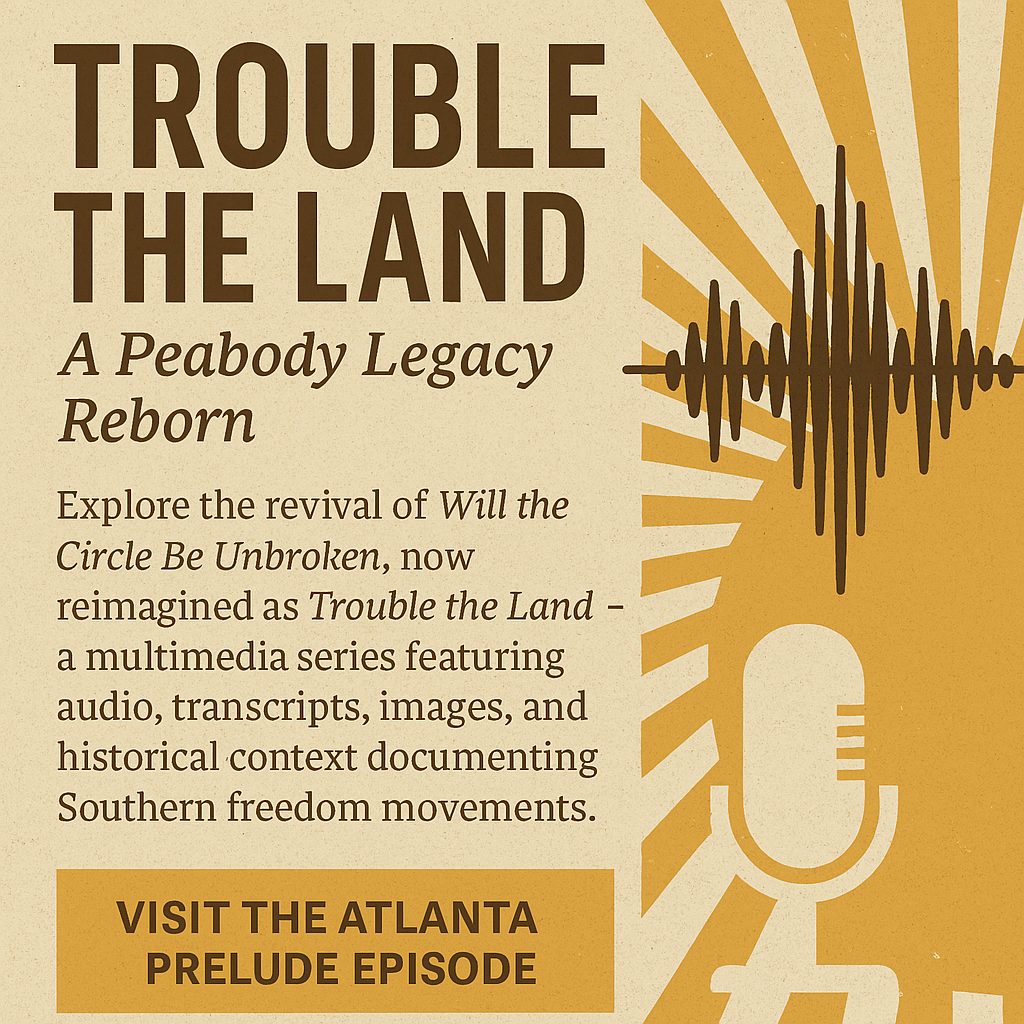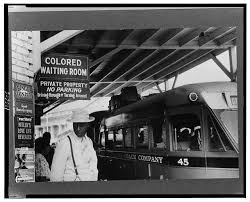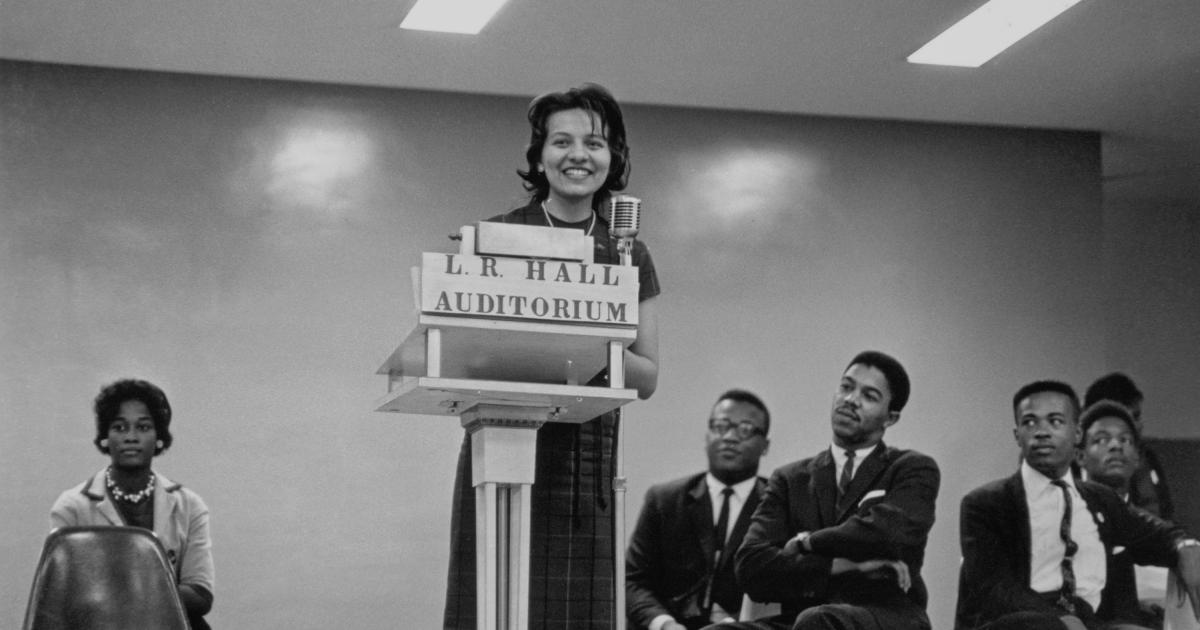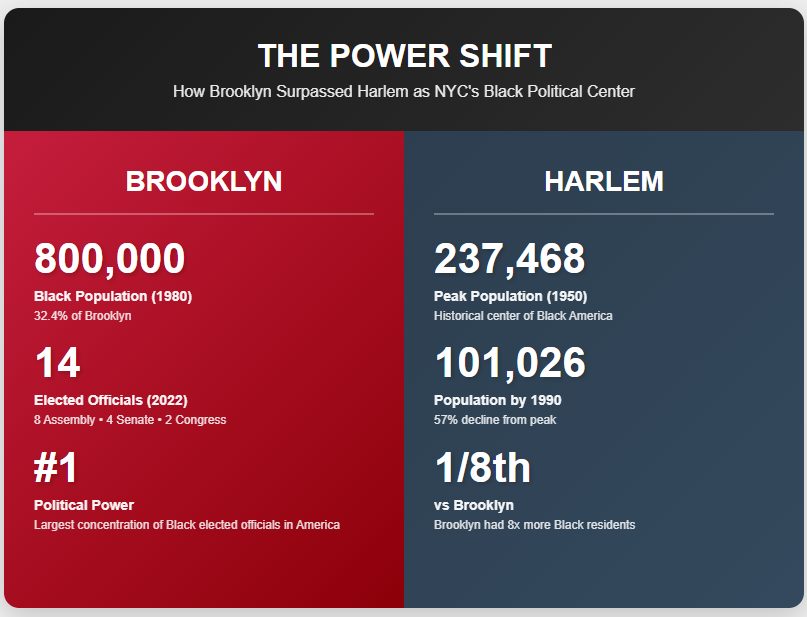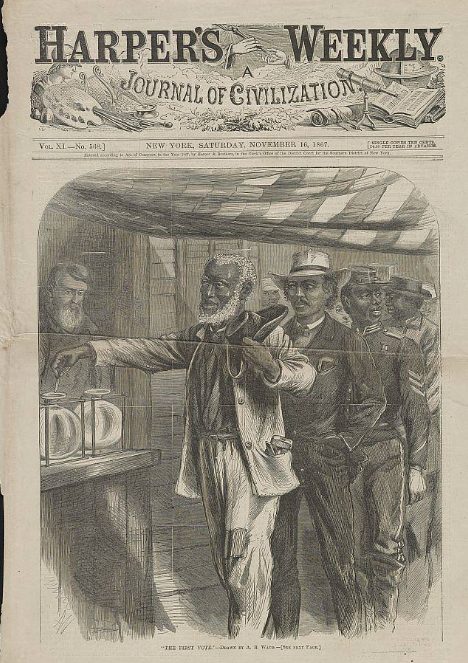W. E. B. Du Bois Sociologist, Historian, Writer – Founding Father of the NAACP…
(February 23, 1868 — August 27, 1963)
Leading Theoretician of African American History
William Edward Burghardt Du Bois, AKA W. E. B. Du Bois was one of the vital influential figures in American civil rights historical past. He launched the activist Niagara Flow in 1905 after which cofounded the National Affiliation for the Development of Colored Individuals (NAACP) in 1909. A powerful mind, Du Bois was the primary African American to earn a PhD from Harvard and turned into a professor of historical past, sociology, and economics at Atlanta College. Du Bois made big contributions to the container of sociology with prolific publishing; his 1935 work Black Reconstruction in The United States was a definitive reexamination of the Reconstruction period.1 Du Bois additionally wrote the traditional essay assortment The Souls of Black Folks and many articles and essays.
Du Bois departed from religion at some point of his school years and described himself as a freethinker during his existence. He was a powerful proponent of science and schooling as equipment of reform and noticed the church as discriminatory establishment that undermined cause; he wrote that as an grownup he “increasingly viewed the church as an establishment which defended such evils as slavery, color caste, exploitation of labor and warfare.” He introduced, “I suppose the best present of the Soviet Union to up to date civilization turned into the dethronement of the clergy and the refusal to let faith be taught within the public colleges.” Du Bois’s existence is a shining instance of humanist civil rights activism.
(via W. E. B. Du Bois | African Americans for Humanism)





